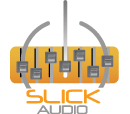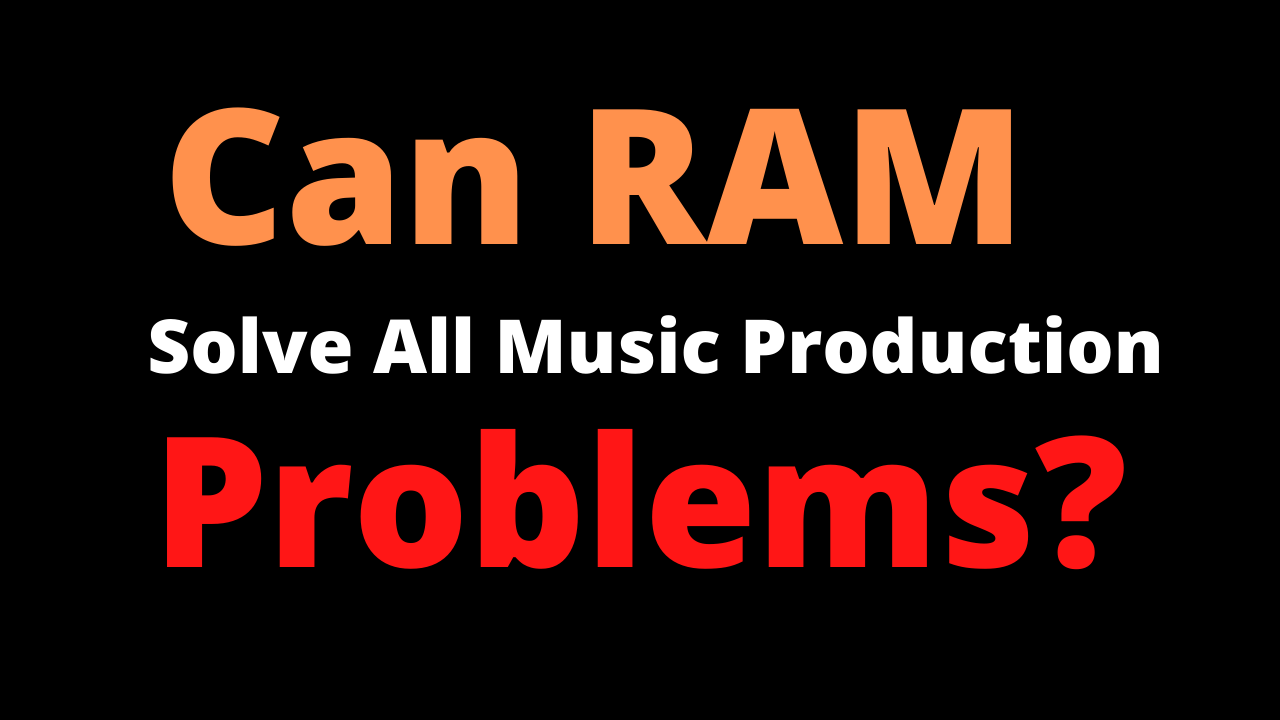Does RAM help with music production?
Hey folks, it’s Jim from slick audio. A tired Jim from Slick Audio. As if you can’t tell, it is hump day anyway, talking about the magic question. Can RAM solve all of your audio computer problems? Answer equals no! No, it can’t.
Can it solve some? Yes, RAM or Random-access memory is the stuff that holds data temporarily? So when programs are in use for speed, that’s where it manipulates the code, a technical term I guess? Whereas your hard drives of storage so can grams of the problem. Well, first of all, there’s you know we have a couple of things that are in mind. We have the operating system in its core functions, whether it’s Windows, Linux, MacOS, doesn’t really matter. I mean the bottom line is an OS takes that RAM takes this space, amongst other things, inside the operating system. So, it’s going to consume some RAM. It’s a memory, I’m just gonna call it “Memory” from this point on. Then you have your DAW, which is going to consume some memory as well, and then you have your ASIO device in Windows or your core audio, and you know their OS. But the bottom line is, as your audio interface is going to require drivers that are going to suck up some RAM as well.
Now, you’ve got every plug-in that you use. Some plugins are really light and use a little teeny tiny bit of RAM. And some are really kind of big and it depends on what they’re doing so. It’s not that they’re. You know that, yes, some I’m sure written poorly, but for the most part it depends on the function of what it is, so that consumes memory, and then you have, of course, VSTi or virtual instruments. Yes, virtual instruments can consume a lot of RAMs depending on how you have them set up.
You could tell certain VSTI’s, to only load the bare necessities you can have them load. Some are customizable were meaning that you could say. You know, I want a load, you can have so much memory to use. Some don’t necessarily ask at all. As some you could say, load the whole damn sample library and you know into or not the library. Sorry, but the sample that you’re loading loads the entire thing into RAM as opposed to dynamically bringing it up.
So the bottom line is VSTI’s can definitely be a hog, but most people don’t run. It will be the last way that I just mentioned loading everything in. That’s actually quite foolish, and so that leaves then these. These four major components, if you will that are going to consume RAM.
So you’ve got to understand how many tracks are you going to run and what I mean is that I mean that two different fashions, so part one or one side of the equation is recording. How many tracks am I going to record simultaneously at the same time and then how many tracks am I going to record to playback during mixdowns of your total number of tracks in a particular project and then how many plugins are going to go in there? And how many VSTI’s or virtual instruments are running within those tracks?
Those all really come into the equation. So, there is definitely a minimum of 16 Gig is the minimum amount of RAM that you should be using period. And, quite honestly, that’s kind of like you’re not doing a whole heck of a lot of tracks with 16 Giga RAM. Definitely NOT doing virtual instruments with 16 Gig of Ram. You certainly can track with it. Just don’t expect the world out of the machine. At some point when RAM fills up. It goes into a swap file. It actually goes into a chunk on the hard disk. So it’ll take the operating system. Look at it, say a while I’m out of RAM. So I need to make some so it’ll. Take the least-used and it’s gonna take a chunk to that and it’s gonna write that down to a hard drive, which is, you know, inherently slow compared to the superior memory itself.
So in conclusion, No RAM Can Not Solve All music production computers problems.





